Sunday, September 24, 2017
This evening I will be at the Beyond Baroque Awards dinner, which is being held once again at the Church in Ocean Park (235 Hill Street, Santa Monica, CA 90406). I have been asked to make the presentation speech for the George Drury Smith Award, which will go to Paul Vangelisti this year. Prior winners include Eloise Klein Healy, Wanda Coleman, David St. John, Holly Prado, and myself.
For those who cannot attend, here is what I plan to say.
The Exquisite Prolongation of Immediacy: The Translation of Life and Poetry by Paul Vangelisti
In one of my blog posts about a year and a half ago, I cited John Holten to the effect that “a good form of torture for any serious writer would be to deny them reading anything other than works produced in their own language or country.” If anyone could be said to have led the resistance to monolingual tyranny in Los Angeles the past half-century, it would have to be Paul Vangelisti, whose devotion to the art of translation goes far beyond any mere literary metamorphosis. Indeed, his writing is nothing short of an inspiring reminder of the daily necessity of accounting for each day of this quirky journey, and of how that accounting demands nothing less than the imperative: “You must translate your life.”
In translating his life, Paul is the single most ambidextrous person I have ever encountered. His accomplishments are manifold, and while they are too numerous to sum up easily, Paul would be the first to delineate how much others have assisted him over the years. The virtues of collaboration are much like those of translation: audacity, candor, commitment; and Paul has enabled those with whom he has worked to strengthen those virtues in their own lives. If Paul has inspired so many people with whom he has collaborated, it is largely because simply to be in his presence distills and effaces one’s own uncertainties and self-doubts, and enables one to renew that personal covenant with the imagination that insists on having a immediate connection with social reality.
Notwithstanding the scope of his generative collaborations, it remains Paul who has been the cynosure of the effort to make Los Angeles a place worthy of being at least a provincial capital in the world republic of letters. If Pascale Casanova’s description of literary enfranchisement meant that a truly representative body of arbitration within the realm of the imagination could actually function, then there would be little doubt that the person we should elect as our senator should be Paul Vangelisti.
He has earned this stature with a multi-decade production of superb poetry, but with a personal masthead of magazines, books, and anthologies featuring the work of other poets, especially within the maverick avant-garde. Yet no matter how much he accomplishes, he remains rigorously engaged with the increment yet to come. I have recently talked with Paul about the need for an anthology that presents the canon of West Coast poets. Every anthology on my bookshelves at best includes a smattering of West Coast poets, and it is time for California, Oregon, and Washington, along with Baja California and Vancouver, Canada, to assert itself as an autonomous site of poetics. Paul’s reaction to my suggestion was an emphatic “Let’s do it,” but of course in certain ways he has already done it, for that anthology will largely draw on those who have appeared in the dozens of issues of magazines that he has edited or co-edited or published, magazines such Invisible City, New Review of Literature, Ribot, and OR, as well as on the books of poetry published by his subversive enterprises, Red Hill Press and Seismicity Editions. The anthologies he himself has worked on, beginning in the early 1970s, will be the kernel of this future volume’s vision.
I should mention that I am the stand-in tonight for the person who would traditionally give this awards speech, but last year’s award winner, Holly Prado cannot be here in person tonight, due to the unfortunate fire that recently scorched the apartment she shared with her husband, the poet and actor Harry Northup. I happy to report that their recovery from this incident is going well, in large part because we as a community came together in their support. When it became apparent Holly would not be able to make this event, I suggested Dennis Phillips be asked to have this honor of presenting the award to Paul, since Dennis after all served as President of Beyond Baroque in the mid-1980s and would be the perfect intermediary at this gathering. In taking on this assignment, I knew one thing from the start, and that was I was going to quote Dennis Phillips as a way of featuring their deep bond. I have one ready-made advantage in doing this, for Dennis was the driving force behind a book, Nausikaa’s Isle, that was published two years ago to honor Paul on his 70th birthday. In the preface to that book, Dennis observed that “As a poet, a translator, an editor, a publisher, an educator, and for all the right reasons, an administrator, Paul Vangelisti has created a force of gravity felt by his readers, several international generations of poets, and his students, that brings to mind the similar influence of Pound.” In completely agreeing with Dennis, I would especially note this important understanding of the nature of that “force of gravity”: it is the quintessential trialectic gift exchange of space and time that generates history with more than literary meaning. Indeed, it is, as Dennis observes, “how deeply integrated in his work – and I mean all his work – are the poetic and the political.”
All of this magnitude has not gone unrecognized. In addition to NEA grants for both his own poetry and to assist his translation projects – and it should be noted that very few poets are at a level of this double achievement — he has also received numerous awards for his translations, including Italy’s Flaiano Prize and the PEN USA Prize for Translation in 2006. In 2010, the Academy of American Poets gave the Raiziss/de Palchi Book Prize. Paul is most certainly not without honors, accolades and awards as a writer and a translator, but there have been too few occasions in Los Angeles for Paul to receive a full measure of our appreciation for his enormous contribution to our cultural maturation. We are about to mark the 50th anniversary of Beyond Baroque, and two years after that celebration, it would only be appropriate for Beyond Baroque to hold a celebration of a half-century of editorial and publishing endeavors by Paul Vangelisti that have enabled so many poets and writers to attain an international audience. In the meantime, however, let this award serve as an initial installation. Paul has frequently configured his experience in Los Angeles as one of exile, and while I do not wish to contravene that assessment, I hope that for one night – tonight – he can briefly imagine himself at home, as we award him the 2017 George Drury Smith Award. Please join me in welcoming Paul Vangelisti to the stage for the bestowal of this award.
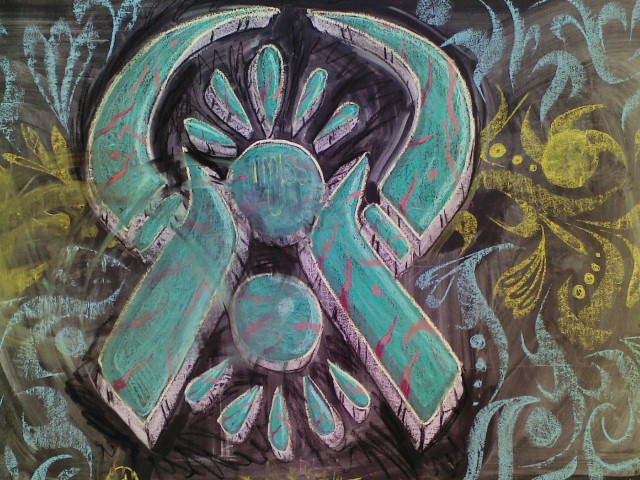

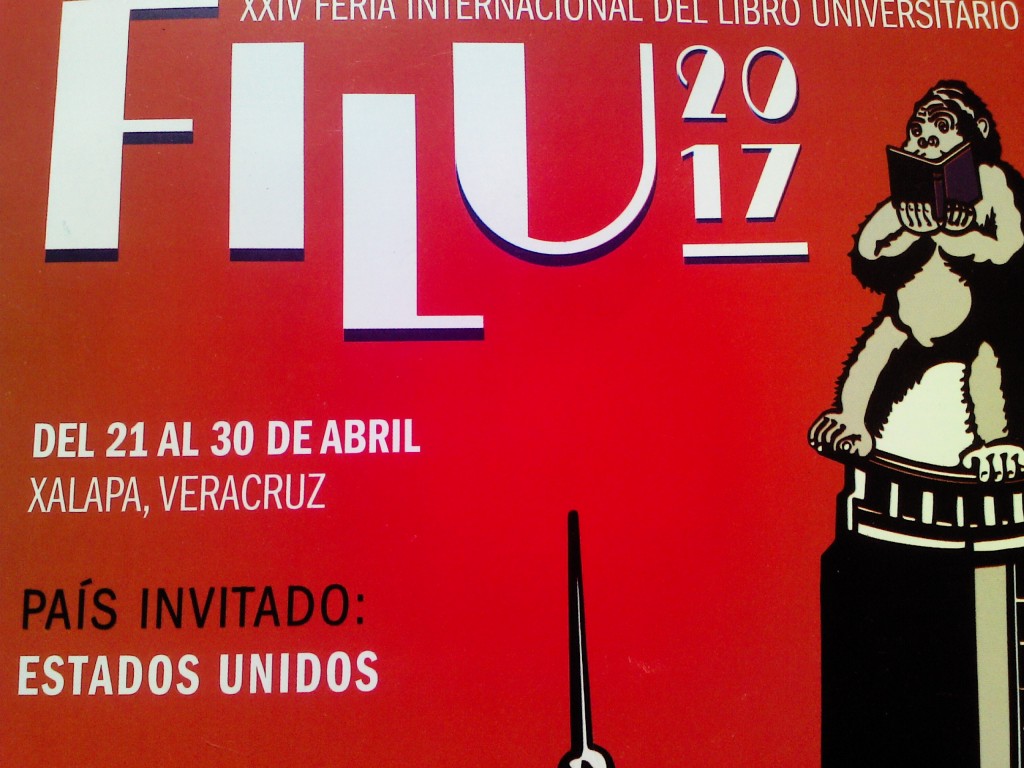
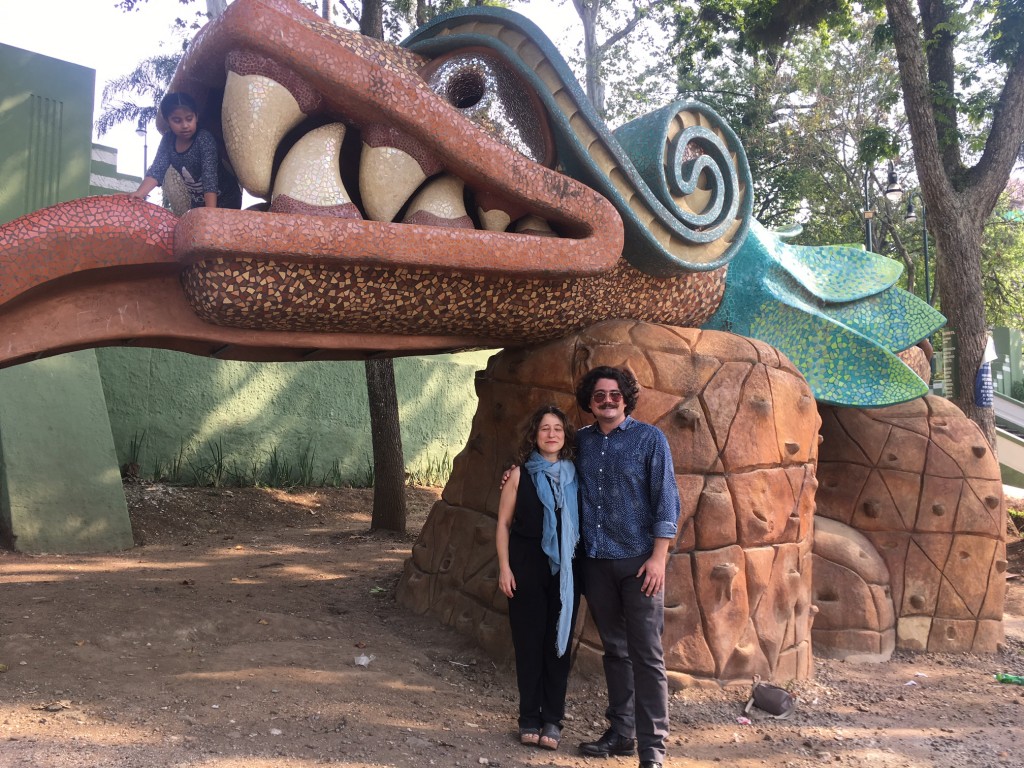
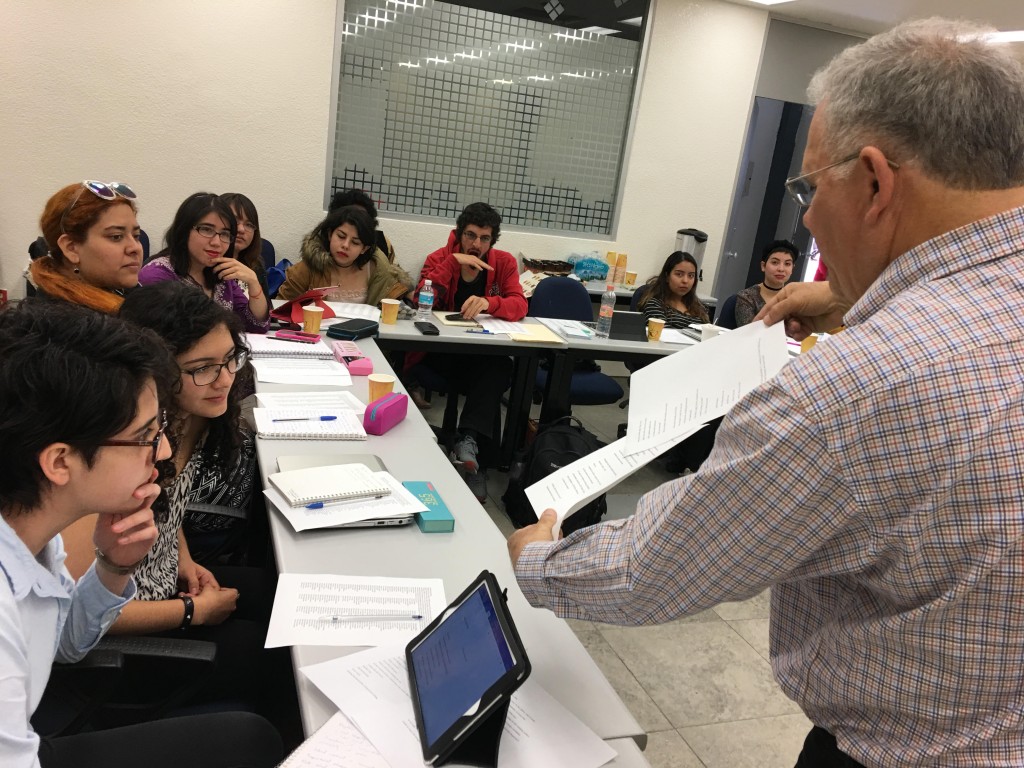
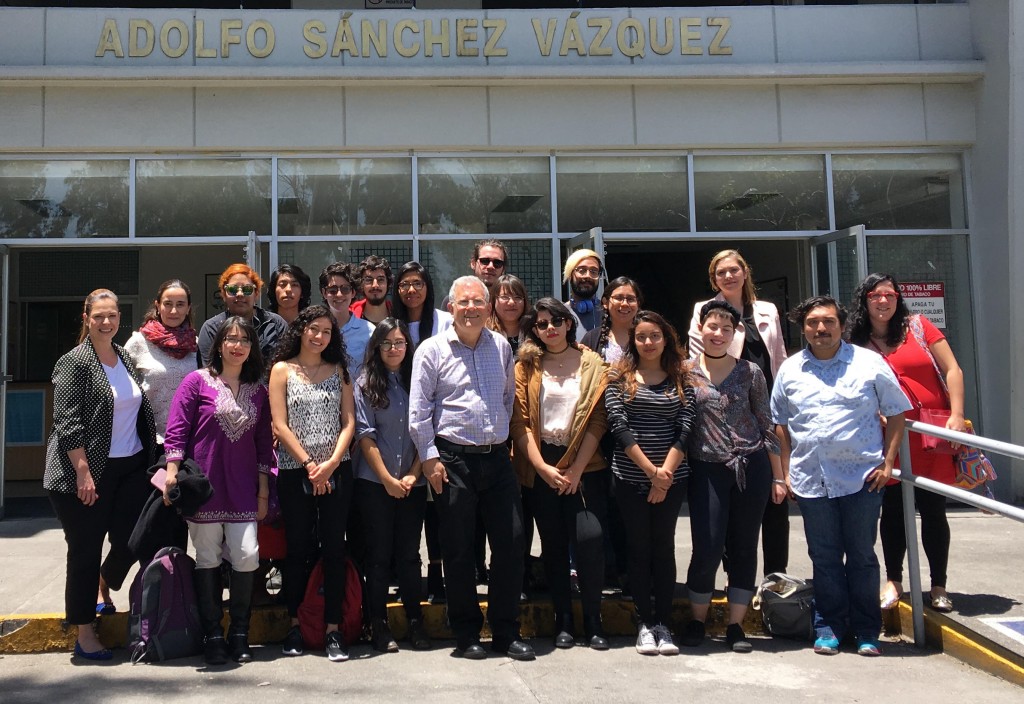
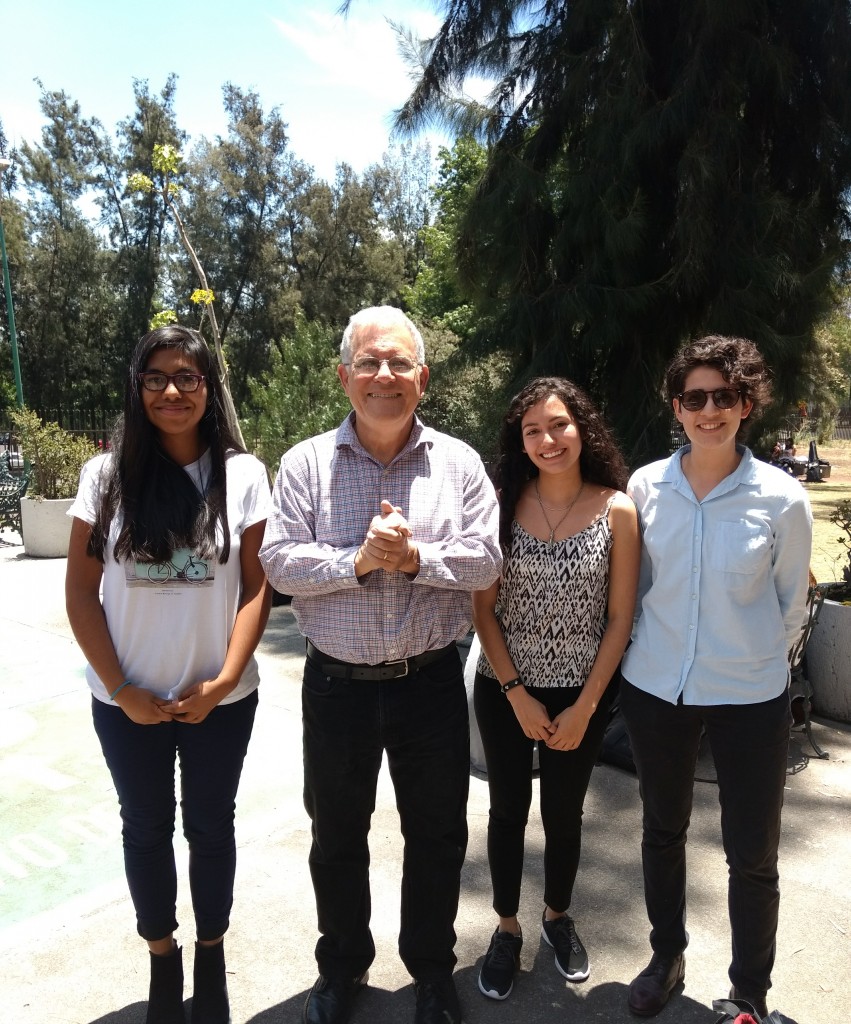
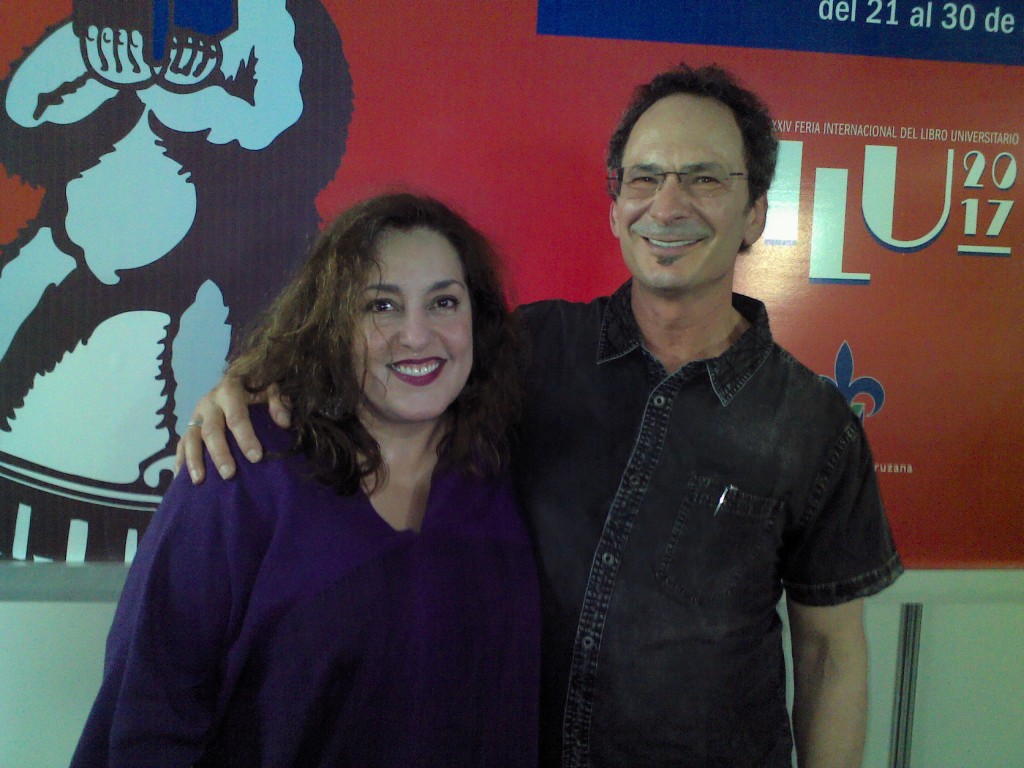
 About Bill Mohr
About Bill Mohr